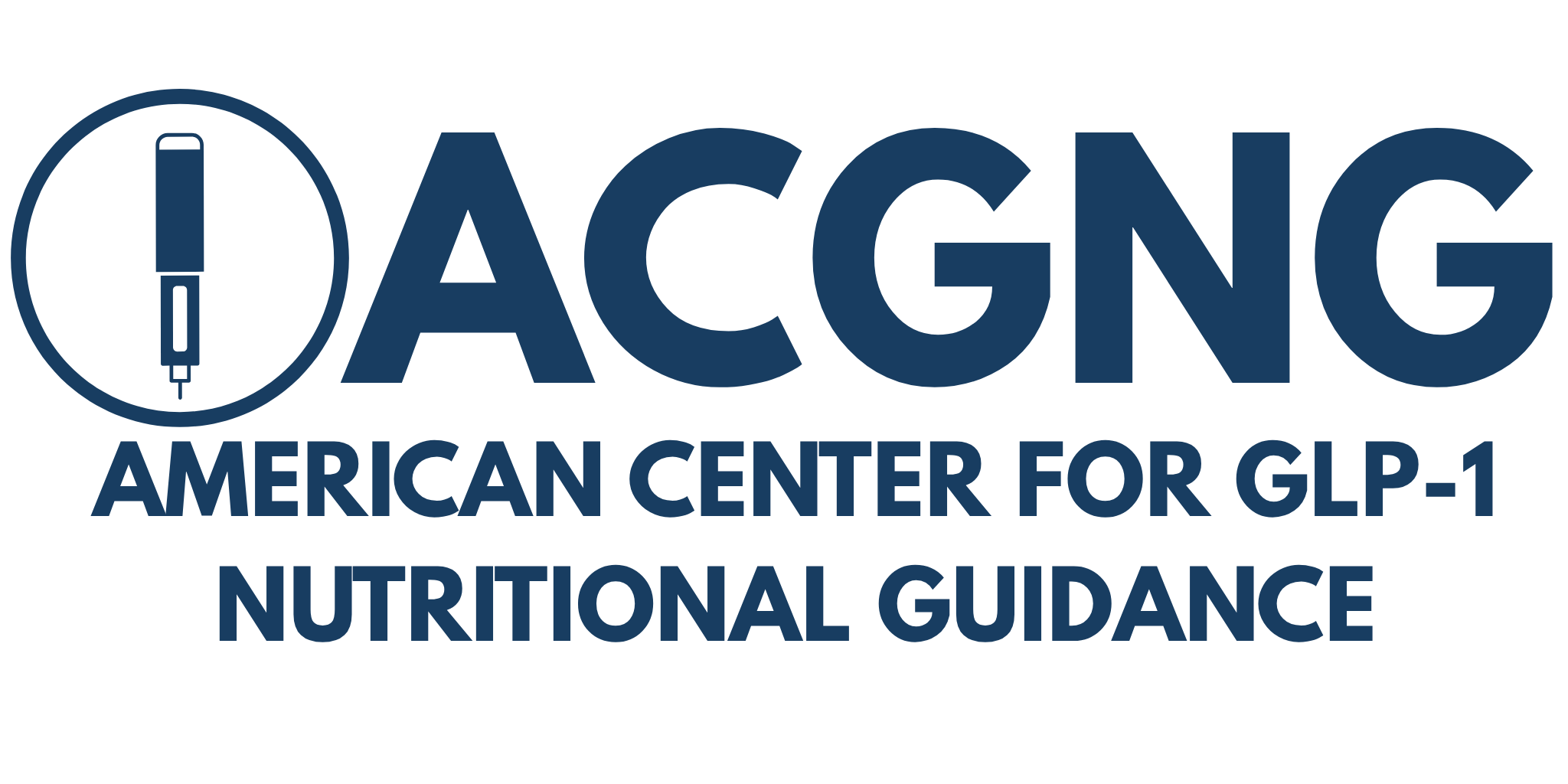GLP-1 receptor agonists have become a central topic in obesity and diabetes research. This page provides digestible summaries of recent peer-reviewed studies, clinical trial outcomes, and academic findings—all curated to keep both healthcare professionals and the public informed.
Recent Highlights
- Tirzepatide Demonstrates Superior Weight Loss: A 2022 NEJM study showed participants lost an average of 15–22% of body weight with tirzepatide (dual GLP-1/GIP agonist), significantly outperforming placebo.
- Semaglutide and Cardiovascular Health: A 2023 JAMA Cardiology study confirmed semaglutide reduced risk markers for cardiovascular events in obese individuals without diabetes.
- GLP-1 and Brain Response: Imaging studies (Nature Metabolism, 2021) show that GLP-1 therapies reduce reward-driven brain responses to food, offering new understanding of appetite regulation.
- Pediatric Use Expands: The FDA recently approved liraglutide and semaglutide for adolescents 12+ with obesity. Trials show tolerability and clinically meaningful weight loss.
How We Select Research
Each study highlighted here is selected based on the following criteria:
- Published in reputable journals (NEJM, JAMA, The Lancet, etc.)
- Peer-reviewed with clinically significant outcomes
- Relevant to GLP-1 therapy use, safety, or comparative efficacy
Upcoming Areas of Interest
- Long-term outcomes beyond 2 years of use
- GLP-1’s effect on fertility, cancer risk, and cognitive health
- Comparisons between oral and injectable GLP-1 formulations
This page is updated regularly. Bookmark it or subscribe to receive updates on GLP-1 research as new findings are published.
Disclaimer
The summaries provided are for informational purposes only and do not substitute for reading the full studies or consulting with a qualified healthcare professional.
